Follow Us x
Meet with a Bankruptcy Attorney in Rapid City, SD
The perception of filing for bankruptcy often offers negative perspectives because society sees it as a personal failure.
The reality of bankruptcy, no matter which chapter you choose, is that you're creating a new opportunity for yourself. Depending upon your situation, bankruptcy law may be able to stop collections. It may be able to stay foreclosure proceedings.
It is more than a chance to be free from your debt. It is an opportunity to end your stress.
If you are filing for personal bankruptcy, then your two options are a Chapter 7 process or a Chapter 13 process.
To qualify for a Chapter 7 bankruptcy that eliminates most, if not all, of your unsecured debt, you must be able to pass a "means test." Your income must be low enough to prove that you are unable to repay at least a portion of your debt.
If you do not qualify for a Chapter 7, then you still have the option of a Chapter 13 bankruptcy. Under this bankruptcy chapter, you're creating a new plan to repay part (or all) of your debt over 3 to 5 years. During this time, creditors are unable to start or continue their collection efforts.
For businesses, a Chapter 11 bankruptcy provides businesses with benefits which are similar to the Chapter 13 bankruptcy filing.
When to File for Bankruptcy in Rapid City, SD
Most people file for bankruptcy when they have no other financial options left to them. Although bankruptcy shouldn't be your first option when you have debt, it should not be your option of last resort either.
If you or your business is struggling with debt and other repayment or negotiation options have failed, then contact your bankruptcy attorney today. It could be the first step toward a chance to be free from your stressful debt.
